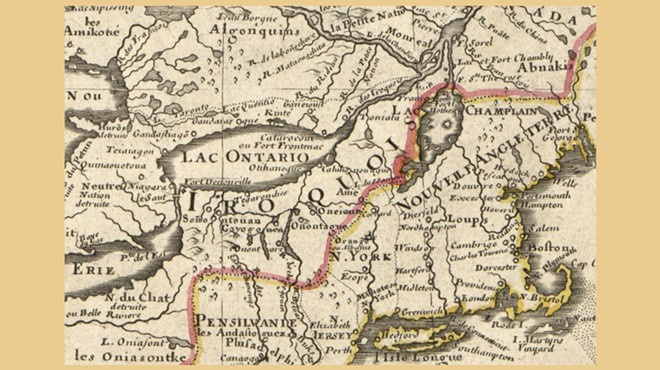You focus intensely on two places: the Persian Gulf and Vietnam, two US-driven war zones. Why these two places as opposed to say, the Sudan, Congo, or Afghanistan?
In the chapter on civil war I do write about Rwanda and Afghanistan. The more substantive answer is that I was absolutely single-minded in tracking down scientific literature and evidence, and after spending years and years researching, I found that most of the literature concerns US wars. Other countries simply don’t fight as many wars. Also, the US military is under more democratic control—strange as that may sound—than the militaries of other countries. So whenever there is a US war and a US soldier is injured in that war, almost immediately US congressmen and other people want studies and investigations done pertaining to that war, which they mandate the Department of Defense [DoD] or someone to conduct. For example, the DoD may give the necessary financial resources to the National Academy of Sciences or some other institution to send in scientists to collect data, which often ends up in the public realm. So there is more data to examine for US wars than for non-US wars.
Specific to the Persian Gulf War, you talk about how scientists’ reports suggest a fair amount of environmental disruption and damage, some long-lived. But then you suggest that the larger part of this damage is attributable to pre- and post-war peacetime commerce rather than the war itself.
Simply looking at the scientific literature, whether measuring the particulates in the smoke plume from the oil fires or the effects of the oil spill in the Persian Gulf marine environment, the scientific evidence shows differences in the environment. However, the actual damage observed was relatively small. This is contrary to the visual impression we had viewing the televised oil fires. Just because we have a visual impression that generates a certain amount of horror in us does not mean, scientifically speaking, that actual damage was done. When the scientists went in and tried to measure the damage, they also began to measure what happened pre-, during, and post-war. Comparing this data, many observed that so-called peacetime economic development generated more damage than the war itself. Put in the perspective of time, the war was a relatively short war—it was over after a couple of months. Therefore there is a limited amount of damage it could have done. But in peacetime, you can have economic development going on years and years, wiping out the environment: installation of oil facilities, dredging more channels for oil ships to enter harbors, and the creation of tourist areas that eliminate mangroves—things of that nature. And that may be one of the reasons why the environmental movement and the anti-war movement never quite got together because what you do in peacetime to nature is indeed very harmful from the perspective of nature, and quite possibly more harmful than what can happen to nature in war.
Peace activists railed against the Persian Gulf War. Media coverage, especially visual, certainly shed light on the possibility of environmental damage. But all damage was blamed on wartime activities and the US. No attention was given to what Iraq had done environmentally to itself or to the Persian Gulf. How can the peace and anti-war communities better educate themselves or better direct their activities?
I am both anti-war and pro-environment, and I have kept my eye on both movements. Most people do just one or the other. You may be an anti-war activist and that’s where most of your activities are directed. You may be also pro-environment in your personal life but not in an activist way. And vice versa. A lot of people who are involved in pro-environment issues, mostly on the local level, may be anti-war at the same time, but not in an activist way. The two communities rarely coincide because each individual decides to be active in just one or the other area. I have no direct suggestion other than to get the point out to both communities there that there is an overlap between the two, and that as a practical matter, there needs to be some sort of joint action or consideration.
















